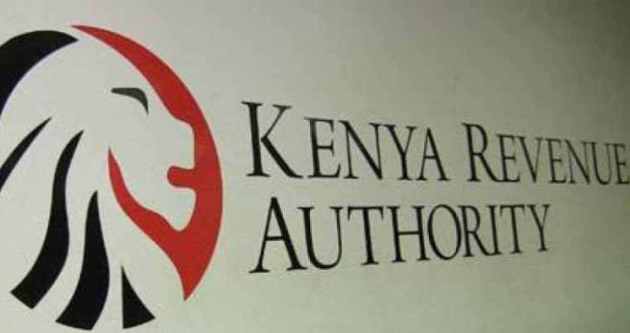
The Authority will be looking to mobile commerce, which is valued at Sh6 trillion, to increase its sources of revenue even as the sector continues to thrive/FILE
NAIROBI, Kenya, Jul 31- The Kenya Revenue Authority (KRA) is targeting the digital economy to widen its tax base in a bid to increase its revenue collection.
KRA Commissioner Strategy, Innovation and Risk Management Mohamed Omar says the authority will be looking to mobile commerce, which is valued at Sh6 trillion, to increase its sources of revenue even as the sector continues to thrive.
Total tax collections in the financial year ended last month increased by Sh100.1 billion to Sh1.44 trillion but fell short by Sh72.7 billion of the targets set by Treasury.
“Ours is mobile based and if you look at financial inclusion 10 years ago, it ranged between 25-27 per cent and has now increased to 82 per cent and that is the essence of us targeting the digital space since it is a very key growth area,” said the Commissioner.
Central Bank of Kenya data shows that total money transferred through mobile platforms was Sh3.64 Trillion in 2017, jumping to Sh3.98 Trillion in 2018.
Similarly, the Kenya Bureau of Statistics (KNBS) analysis shows that the value of mobile commerce transactions was Sh3.2 Trillion in 2017.
KRA is sourcing for digital service partners that will help with the creation of the system to be used by different digital economy platforms.
“This will allow KRA to collect taxes at source, through a digital means so that the proportion of tax is remitted on a real time basis,” he adds.
Omar said that the digital economy is best taxed through equally digitized systems and processes, backed up by solid infrastructure and skilled human capital in the areas of data, IT and software development.
Kenya will not be the only country attempting to tax the digital economy. According to KPMG International, Israel and India have introduced significant economic presence tests for creating permanent establishments.
At the same time, specific tax regimes for multinational enterprises have been introduced, for example, by the UK and Australia with diverted profits taxes and by the US with its base erosion and anti-abuse tax.
Turnover taxes have been introduced for targeted sectors, such as Hungary’s tax on digital advertising and Italy’s levy on digital transactions.


































